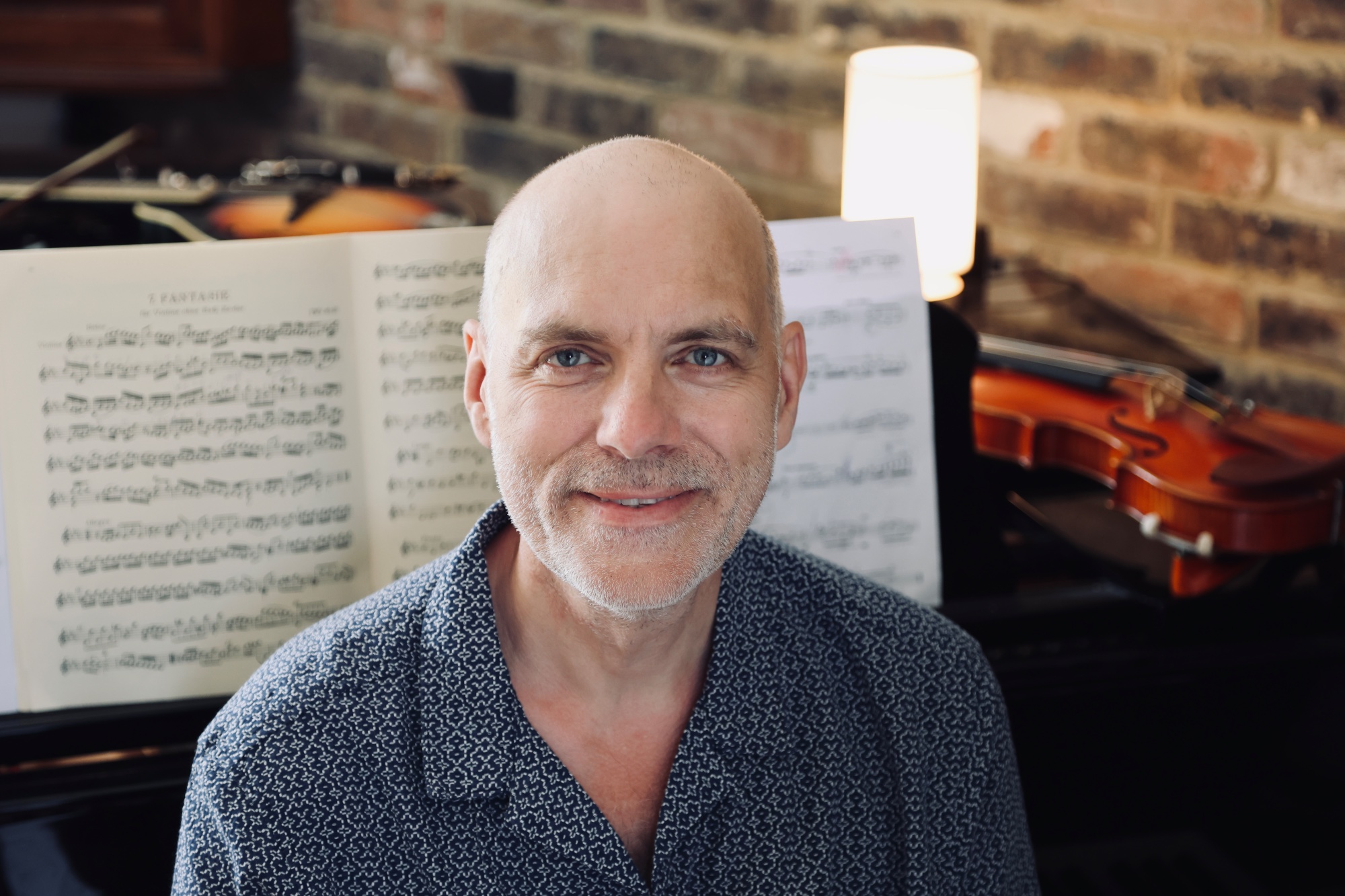Chichester cinema rolls out red carpet for historic films which changed UK

FILMS that helped to change some of the UK’s most controversial laws around homosexuality and homelessness have been celebrated in Chichester.
Nearly 100 cinemagoers were joined by university and college students to watch landmark movies Victim and Cathy Come Home on the big screen for the first time since their release in the 1960s. The event was part of New Park cinema’s outreach initiatives which mark the power of film and its effect on public opinion throughout history.
Dr Amy Elkington, who leads the law degrees at the University of Chichester, was part of the panel of speakers and said the films were hugely influential on modern British society.
She added: “The power of film should never be underestimated. When these films were made, society lived by the laws that governed the country – but both Victim and Cathy Come Home were part of a catalyst whereby the change in public morality forced Britain to update its policies.
“The New Park event was hugely successful at bringing together groups of people from different backgrounds and eras, all for the love of film. Some students – most of them born after 2000 – were shocked to hear audiences’ stories of how much of life has changed since 1960s.”
The 1961 film Victim, by famed director Basil Dearden, tackled the existing law governing homosexual offences and, by doing so, eased the path towards partial decriminalisation six years later. It was also celebrated for star Dirk Bogarde’s decision to shed his matinee-idol image to take on the main role in the film: of a barrister who is blackmailed because of his personal life.
Director Ken Loach’s film Cathy Come Home was watched by a record 10million people when it was released in 1966, and was instrumental in the foundation of the Shelter and Crisis charities.
Telling the story of Reg and Cathy, whose lives with three young children spiral into poverty, it provoked major public and political discussion which changed the laws around the rights of families to stay together and mothers to keep their children.
Senior lecturer Dr Elkington was joined by students on the University’s LLB Law degree, who are preparing for a career at the Bar or the Solicitors’ Qualifying Examination. Among them was first-year Fitzroy Ramsey, a former police officer in the Cayman Islands, who started on the course in September.
He said: “It was fascinating to see how far society has come in the 50 years since the films were released. Housing is still arguably an issue in the UK, including for homeless people in West Sussex, which makes much of Cathy Come Home still as relevant today as it was in 1966.
“The reaction from the audience was very informative, and many of the students were particularly taken by the words of those who lived during the 1960s, who spoke about the impact of film on their own perspectives. I hope there will be more opportunities for events such as these in Chichester.”
The panel of speakers also included John Coldstream, the biographer of Dirk Bogarde, senior figures from homeless charity Stonepillow, Callum McLean from Pallant Chambers, and law pupils from Bishop Luffa and Bohunt secondary schools.
Read more about the Power of Film screening, and other education events at New Park cinema, go to www.chichestercinema.org.
For more about the degrees in law at the University of Chichester visit www.chi.ac.uk/law.





